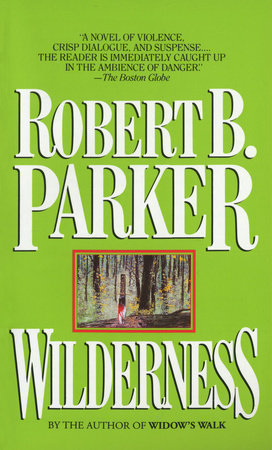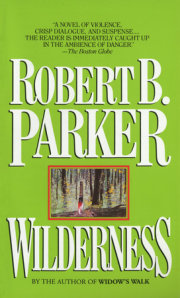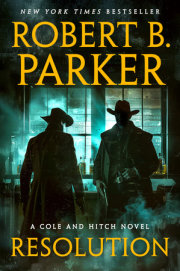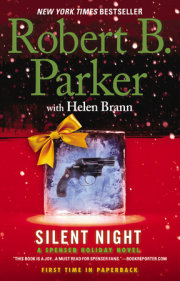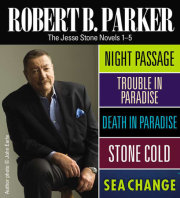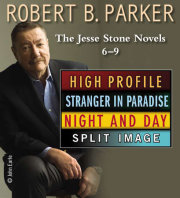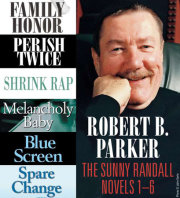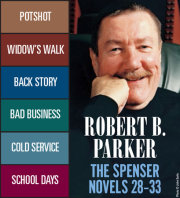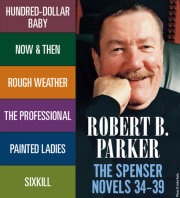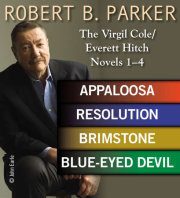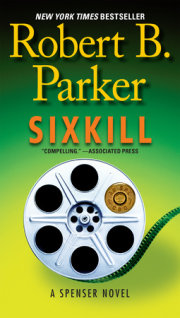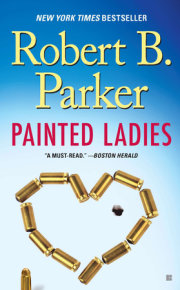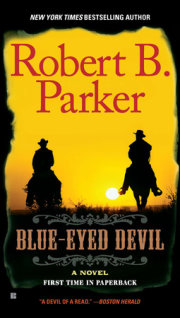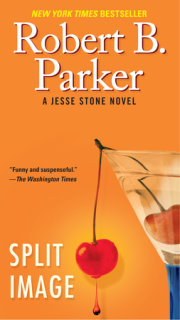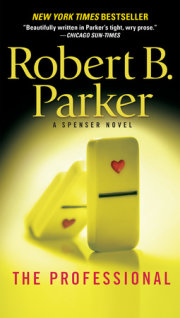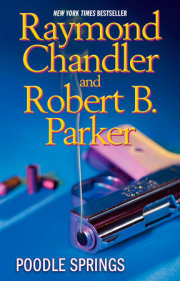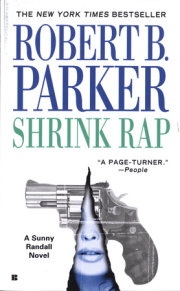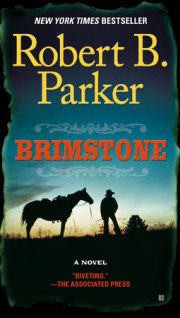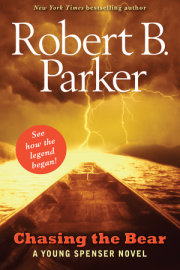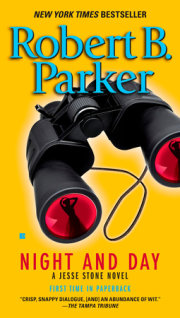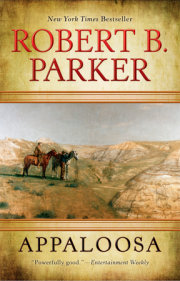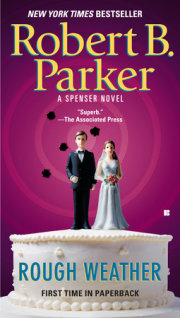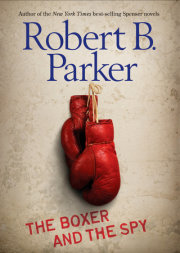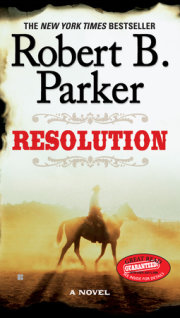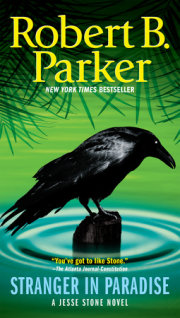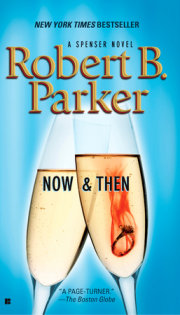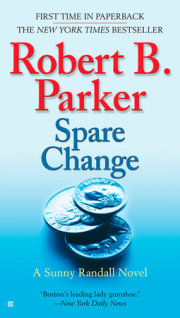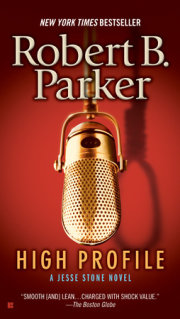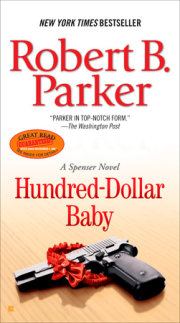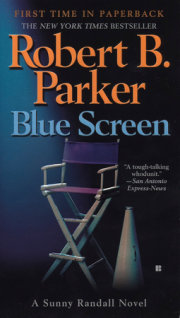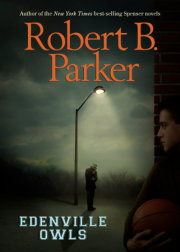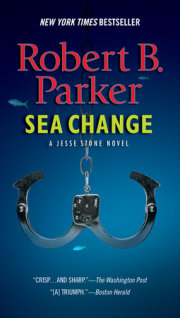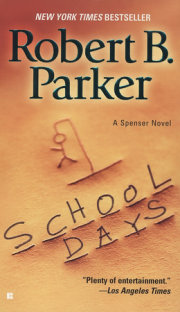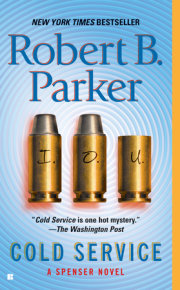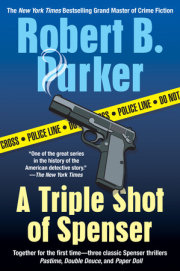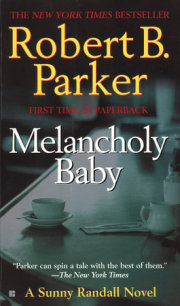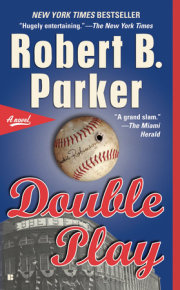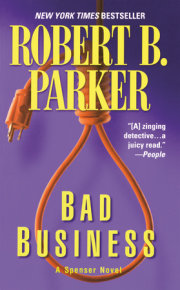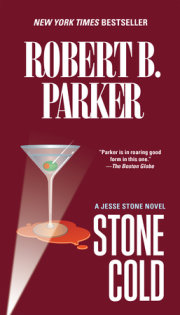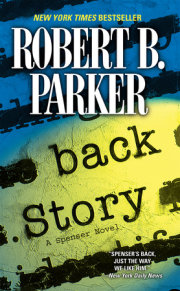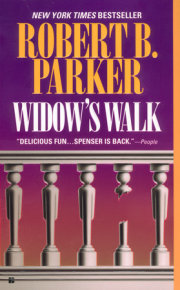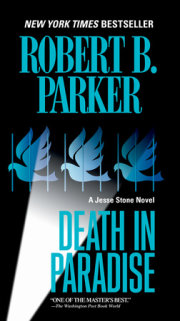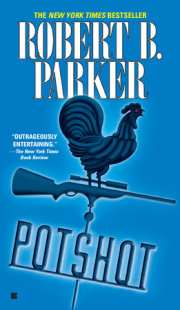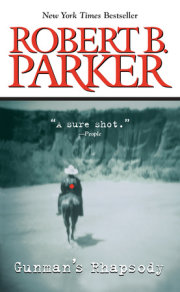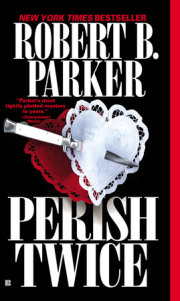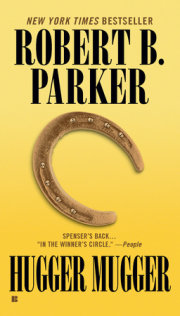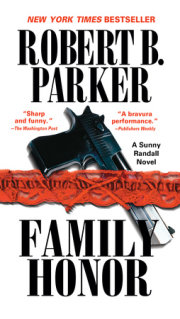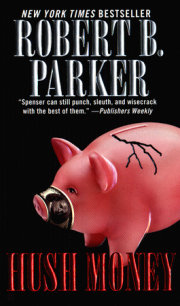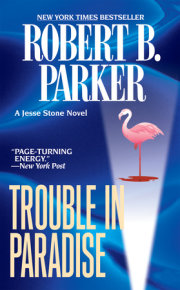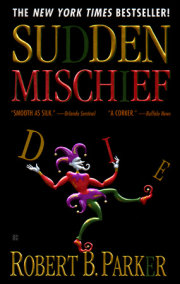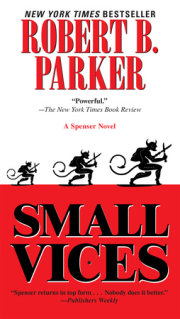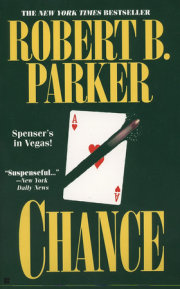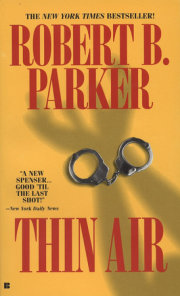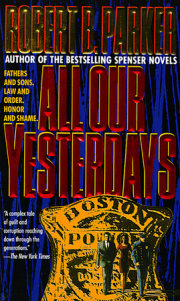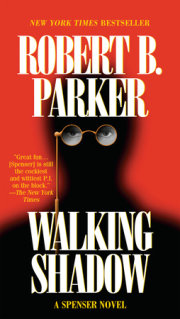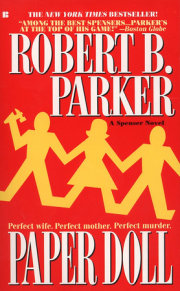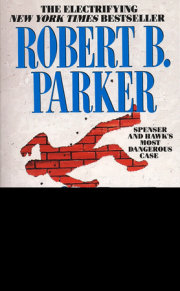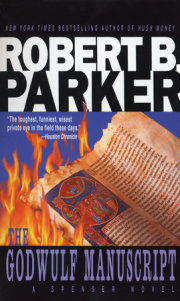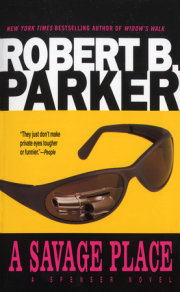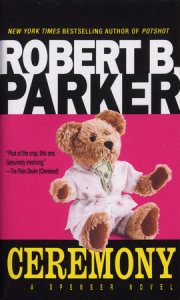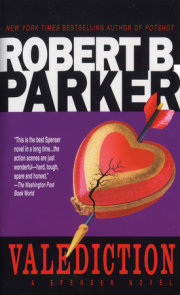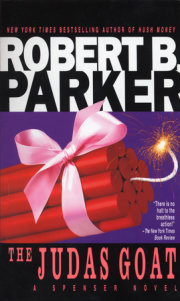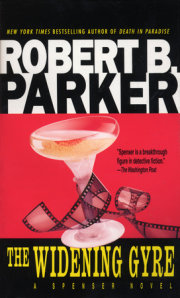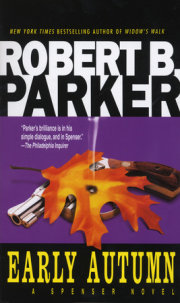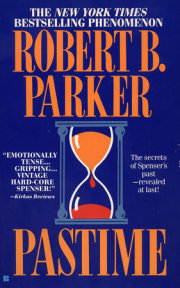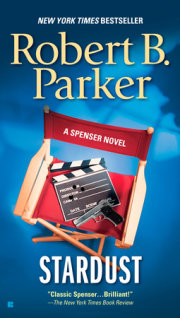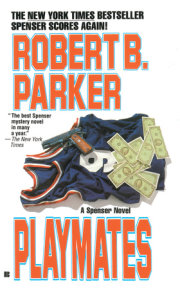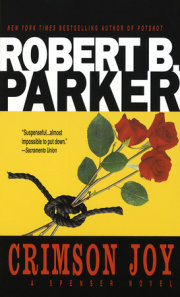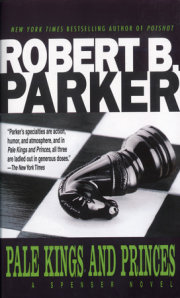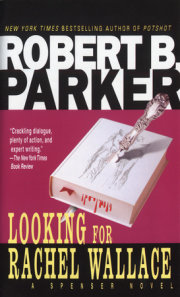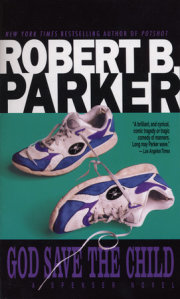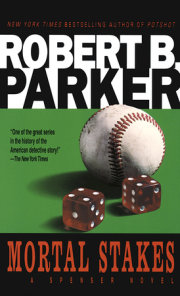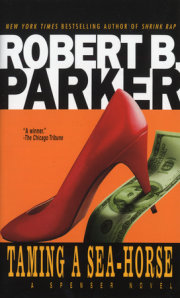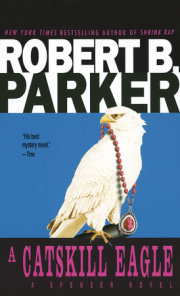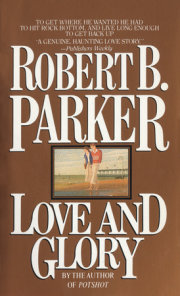1
She was there when he drove back with the two local cops. The crows had been at her, and as the patrol car pulled in beside the railroad tracks three crows flew up and went to the trees.
For the two cops it was the first shooting victim they had ever seen. They had seen bad corpses in car wrecks and people who’d died of heart attacks on the way to the hospital, and once they’d had to remove the remains of an old man who had died three weeks prior. But never before a murder. The murder scared them a little.
The senior officer was Ed Diamond, six and a half years on the force. Four years of high school, three years in the Army and on the cops. He was not quite twenty-eight.
“Check her, Jim,” he said.
Jimmy Tinkham was twenty-six, high school, college, a criminal justice major, and onto the Smithfield force. He was blond. His cheeks were rosy and he shaved three times a week.
He squatted beside her, the big handle of his service revolver sticking out at an odd angle. He felt her neck as Newman had done. Newman liked that. He’d been professional. Like they were.
“Dead and starting to cool,” Tinkham said.
Diamond nodded. “I figured,” he said. Above them on the tree branch in a row, the crows sat. Their bodies motionless, moving their heads.
“We better run it through,” Tinkham said.
Diamond nodded. He took a notebook from his shirt pocket, a pencil from the same pocket. He pushed his campaign hat back on his head a bit more; the Smithfield force wore them in the summer.
“What time you find her?” he said.
Newman shrugged. “I don’t know,” he said. “I left the health club at five. It’s about four miles to here. I run ten-minute miles. It must have been about twenty of six.”
Diamond wrote 5:40 in his notebook. “She just the way you left her?”
“Yes.”
“And you saw the man shoot her?”
“Yes.”
“Why didn’t you intervene?”
“It was too quick. I was too far away. It was over before I knew what happened.”
“And you didn’t get the license number?”
“469—AAG,” Newman said. He hadn’t consciously registered it. It surprised him. But he knew that he noticed things. He always had.
Tinkham raised his eyebrows and stuck out his lower lip.
Diamond said, “Can you give us a description?”
“Of him or the car?” Newman said.
“Both. Him first.”
“He was tall. Maybe six three, and skinny. No, not skinny, gaunt, but sort of strong looking, like Lincoln, you know?”
Diamond wrote 6′3”. Lean. Muscular.
“And his hair was black and slicked back tight against his scalp. Short. No sideburns. He had on a lime green leisure suit and white shiny loafers with brass tassels.”
“And the car?”
“Lincoln, new. Orange roof, blue body. Roof is vinyl.” Newman found himself talking like a television cop. Christ, he thought, even here I’m trying to sound right.
“Okay,” Diamond said, “now where were you …”
“Eddie,” Tinkham said. “Why fuck around with that? You know the staties are going to do this and we’re not. We don’t even have mug books, for crissake. Whyn’t you put out a pick-up on the radio for that car with that description. Then we’ll inventory the scene so that when some state police corporal shows up here and looks around he won’t think we’re a couple of fucking assholes.”
Diamond nodded and went to the patrol car.
“Aren’t you the writer?” Tinkham said.
Newman nodded. “The one,” he said.
“Oughta get a few good stories out of this one,” Tinkham said.
Newman nodded.
“I see you running every day,” Tinkham said. He stood with his back to the dead woman. The earth had rotated a bit and the dappling shadow of the trees fell across the police cruiser, leaving the woman in shade. “How far you go?”
“I do about ten miles,” Newman said. “Three days a week I run up to the health club and lift a little.”
“Losing any weight?” Tinkham said.
“Yeah. Maybe twenty, twenty-five pounds so far,” Newman said. He was conscious of saying yeah. A regular guy. One of the boys. At ease with cops and jocks and guys that played pool for money.
One of the crows made a swoop over the dead woman and didn’t dare. He kept in the air and circled back up to the tree branch. There were five crows there now.
Diamond came back from the cruiser. “Couple of staties coming down from the Smithfield barracks,” he said. “Alden says don’t touch anything till they get here.”
Tinkham nodded. “You want to write?” he said.
Diamond said, “Yes.”
Tinkham squatted down again beside the woman. “Female,” he said. “Black, age”—he shrugged—“twenty to thirty, white slacks, yellow halter top, black sling-strap high-heel shoe (one), one shoe missing, gold hoop earrings.”
Diamond said, “You sure there’s two?”
“You want to turn her head and look?” Tinkham said.
Diamond said “No” and continued to write in his notebook.
“Large gold ring on index finger of right hand, picture of a queen on it.”
Diamond said, “What?”
“Picture of a queen,” Tinkham said. “How the fuck do I know who it is. You know?” He looked at Newman.
Newman leaned closer. You get used to anything. The woman’s hand was sprawled out away from her body and Newman could look at the ring without seeing the shattered skull.
“Nefertiti,” he said.
Diamond looked at him. Tinkham said, “Or at least not often.”
“It’s the King Tut craze,” Newman said.
Diamond said, “Never mind.”
“Victim is prostrate on left side, appears to have been shot several times in right rear quarter of head. No evidence of rape or sexual abuse. No sign of struggle. No bruises or abrasions on visible parts of body, neck, right arm. Face obscured by blood and disfigured by apparent gunshot wound.”
Newman realized he’d been hearing the siren for a time without noticing. Then a blue Massachusetts State Police car pulled in beside the Smithfield cruiser. Behind it, another Smithfield cruiser.
“Inside of the right arm shows marks of probable hypodermic injections,” Tinkham said.
Two big troopers got out of the Massachusetts State Police car. They wore campaign hats and black boots. Their faces glistened with the closeness of their shaves. Their uniform shirts were pressed with military creases. Their gunbelts glowed with polish. Their hair barely showed under the hats. The sideburns were trimmed short. One was black.
The white trooper said to Diamond, “Touch anything?”
Diamond shook his head.
The black trooper looked down at the woman. “Black,” he said. “What the hell she doing out here?”
Tinkham said, “I don’t know. She don’t live around here, though.”
The black trooper looked at Tinkham for ten seconds, then he said, “No shit?”
Tinkham’s face reddened. “Maybe she was selling watermelon,” he said.
The black trooper smiled. Once. A smile that came on and went off. He looked down at the woman. “Junkie,” he said.
The white trooper said, “Tracks?”
The black trooper nodded. “All up and down her right arm.”
The white trooper said to Newman, “You see the shooting?”
“Yes,” Newman said.
“Could you identify the killer?”
“Yes,” Newman said. “I’m sure I could.”
Copyright © 2011 by Robert Parker. All rights reserved. No part of this excerpt may be reproduced or reprinted without permission in writing from the publisher.

